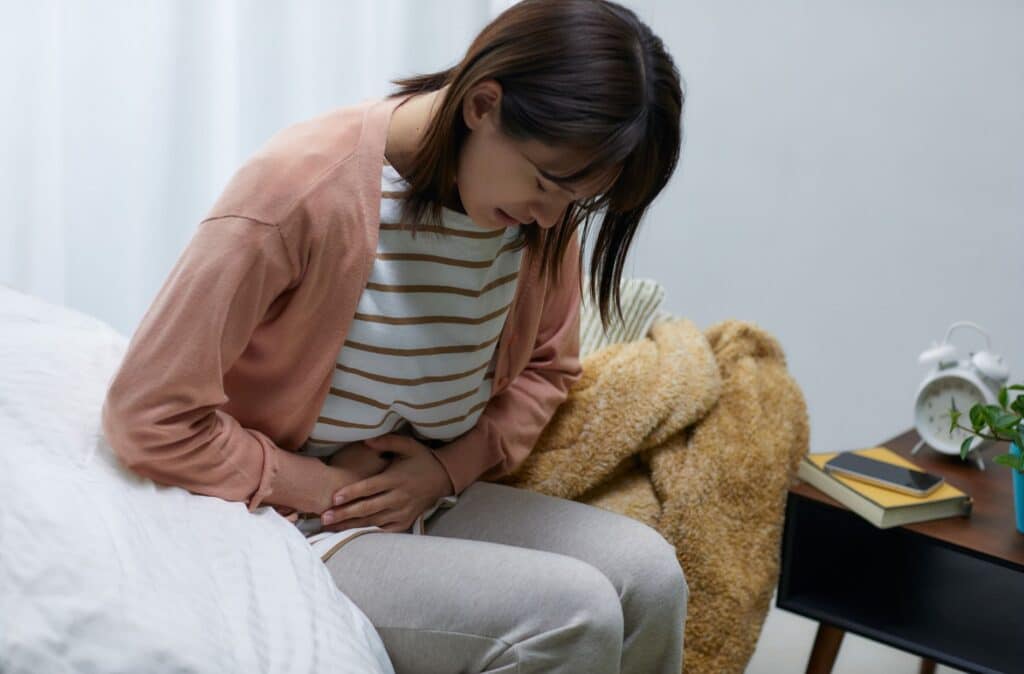Mild incontinence is a common condition that many people experience. It reflects a slight loss of bladder control that may happen when coughing, sneezing, or exercising. While this issue might feel embarrassing or disruptive, it’s quite manageable with natural methods. The aim is to find techniques that blend seamlessly into your daily routine, offering relief without the need for invasive treatments.
Managing incontinence naturally can bring peace of mind and allow for a more active, worry-free lifestyle. Embracing these methods can improve bladder health and reduce symptoms. This article delves into practical tips that are easy to adopt and effective in managing mild incontinence naturally.
Stay Hydrated
Staying hydrated is essential for keeping your bladder in check. While it might seem counterintuitive, drinking plenty of water actually helps your bladder function properly. When you don’t drink enough, your urine becomes concentrated, which can irritate the bladder and lead to increased urgency. By sipping water throughout the day, you keep everything flowing smoothly and reduce irritation.
Here are some simple tips to maintain proper hydration:
– Carry a water bottle wherever you go to ensure easy access to water.
– Drink a glass of water with each meal.
– Try infusing your water with slices of fruit or herbs for a refreshing twist.
Listening to your body’s thirst signals is also a good way to ensure you’re not drinking too much or too little. A little attention to hydration can go a long way in reducing mild incontinence.
Pelvic Floor Exercises
Engaging in pelvic floor exercises, also known as Kegel exercises, can make a big difference in managing mild incontinence. These exercises are designed to strengthen the muscles that support your bladder, giving you better control over any leaks. The beauty of Kegel exercises is that they can be done just about anywhere without anyone noticing.
Here’s a simple guide to get started with Kegel exercises:
1. Identify the right muscles by stopping your urine mid-flow. The muscles you use are your pelvic floor muscles.
2. Once identified, tighten these muscles for three to five seconds, then relax for the same amount of time.
3. Repeat this process 10-15 times, and try to do three sets each day.
Over time, you’ll notice improved strength and control, which can help significantly with managing incontinence. Regular practice is key to maintaining and enhancing the benefits of these exercises.
Dietary Adjustments
The food you eat can play a big role in managing mild incontinence. Certain foods and drinks might irritate the bladder, making symptoms worse. For example, caffeine and spicy foods are known to upset the bladder, leading to more frequent urges. By paying close attention to your diet, you can find relief and reduce those unwelcome trips to the bathroom.
Here’s how you can make beneficial dietary changes:
– Choose bladder-friendly foods like bananas, pears, and whole grains that are less likely to cause irritation.
– Keep a food diary to identify and eliminate triggers, such as alcohol and artificial sweeteners.
– Increase fibre intake with options like oats and fruits to aid digestion and reduce pressure on the bladder.
These adjustments can make a noticeable difference by soothing your bladder and promoting better overall health.
Bladder Training
Bladder training is yet another effective way to control mild incontinence. It involves gradually teaching your bladder to hold urine longer, which improves control and reduces the frequency of bathroom visits. This approach requires patience but yields positive results over time.
Here’s a step-wise approach to bladder training:
1. Keep a diary to track daily urination patterns.
2. Start by delaying bathroom trips by five to 10 minutes when the urge hits. Gradually increase this interval.
3. Set a schedule for regular bathroom visits, like every two hours, and stick to it as closely as possible.
This method strengthens your bladder’s capacity to hold urine and enhances control over time.
Lifestyle Changes
Sensible lifestyle changes can significantly lighten the load on your bladder. Maintaining a healthy weight is one key strategy, as excess weight puts additional pressure on the bladder, intensifying incontinence symptoms. By adopting certain changes, you can support your bladder health and overall well-being.
Consider these simple lifestyle modifications:
– Engage in regular physical activities, like walking or swimming, to shed extra pounds.
– Avoid heavy lifting and high-impact activities that may exacerbate symptoms.
– Practise mindful eating habits to help manage your weight effectively.
These changes, while simple, can have a powerful impact on reducing the strain on your bladder.
Focus on Balance and Core Strength
Core strength and balance exercises can provide additional support for bladder health. A strong core offers improved support to the bladder, reducing leaks. Plus, these exercises can be easily included in your routine, providing broad benefits for physical health.
Here are some exercises to try:
– Practise yoga poses that focus on core engagement, like the plank and bridge pose.
– Integrate balance exercises, such as standing on one leg to enhance stability.
– Try Pilates for a low-impact workout that strengthens the core and pelvic floor muscles.
These exercises not only help manage incontinence but also contribute to improved balance and muscle tone.
Finding Your Way to Greater Comfort
Embracing these natural methods can lead to significant improvements in managing mild incontinence. By focusing on hydration, diet, exercise, and lifestyle changes, you’ll likely experience enhanced control and comfort in your daily life. These strategies empower you to more confidently enjoy your routines without the constant concern of unexpected leaks.
Incorporating these steps into your lifestyle may take time, but the benefits are well worth the effort. By taking an active role in managing incontinence, you are investing in a healthier and more comfortable future. So, give these tips a try and discover the relief that comes with regained control.
Empowering yourself with knowledge and support can enhance your confidence in handling health concerns. If you’re seeking guidance from a lichen sclerosus doctor, consider connecting with FemRenew for expert advice and treatment tailored to your needs. Visit us for more support and information on managing intimate health matters naturally and effectively.



